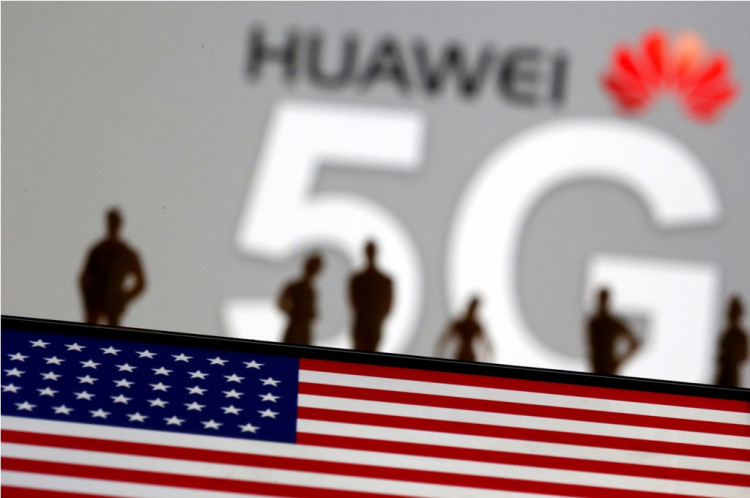The U.S. government continues to beat down on Huawei with security-related allegations but the Chinese tech giant has been growing its partnership realm with American companies as it recently teamed up with Google for a health tool.
Bloomberg reported that Huawei's new eye health tool, Track AI, allows for non-professionals to diagnose a number of eye conditions. The tool was developed using Google's TensorFlow AI (artificial intelligence) software programs that could be used by anyone and from any location.
Huawei and Google's partnership was revealed in the midst of a heated battle between the Chinese tech provider and the American government. U.S. President Donald Trump's administration repeatedly accused one of China's leading tech firms that its technologies could pose security threats to other western governments.
The Trump administration has yet to reveal sufficient evidence regarding its allegations against Huawei but it has criticized Google for its activities in China. The two companies have been working closely in the past including software projects and a model of the Nexus smartphones.
Despite the scrutiny, Google spokesman Chris Brummitt clarified that there were no engineers from the American internet giant who worked on the Track AI project. On the other hand, Brummitt admitted that a separate creative team cooperating with Alphabet Inc.'s advertising clients offered some assistance to Huawei in its eye tool project.
While Huawei is faced with a legal war against the U.S. government, the Chinese firm reported a 25 percent hike in annual profits. According to CNBC, the Honor maker's consumer business accounted for the biggest share in overall revenue.
In its 2018 annual report, the company exceeded the $100 billion mark for the first time. Profits kept climbing amid increased political scrutiny from the U.S., primarily, and other western countries. Huawei repeatedly denied the allegations and has since secured the support of Ireland and the Philippines in its 5G technology initiatives.
Germany has also brushed off warnings from the U.S. government against Huawei's 5G technology that promises ultra-fast connection speeds. The European Union has ignored calls for a total blanket ban on the firm's technologies but the Commission said it still encourages increased security measures.
In other news, some industry analysts predicted that around half of Huawei's flagship phones could have a foldable design within the next two years. The forecast came from CEO Richard Yu's recent statements suggesting that the price of foldable smartphones will be close to existing non-bendable phones. This scenario will then lead to cheaper manufacturing costs and increased production.






